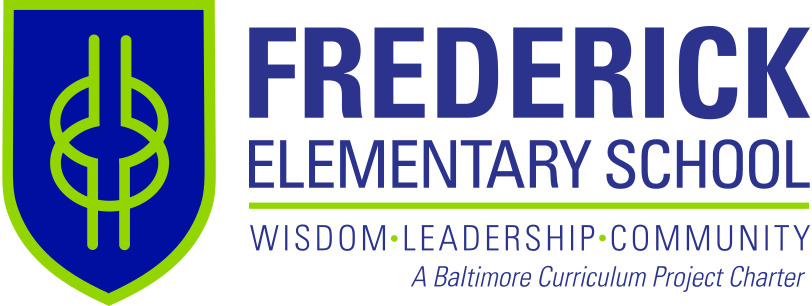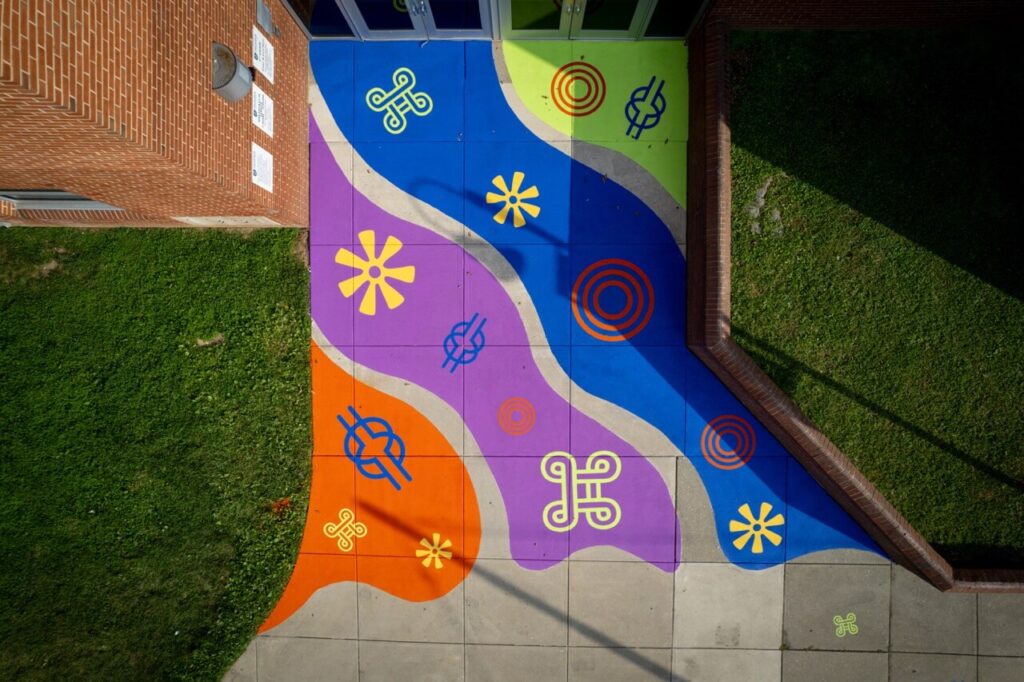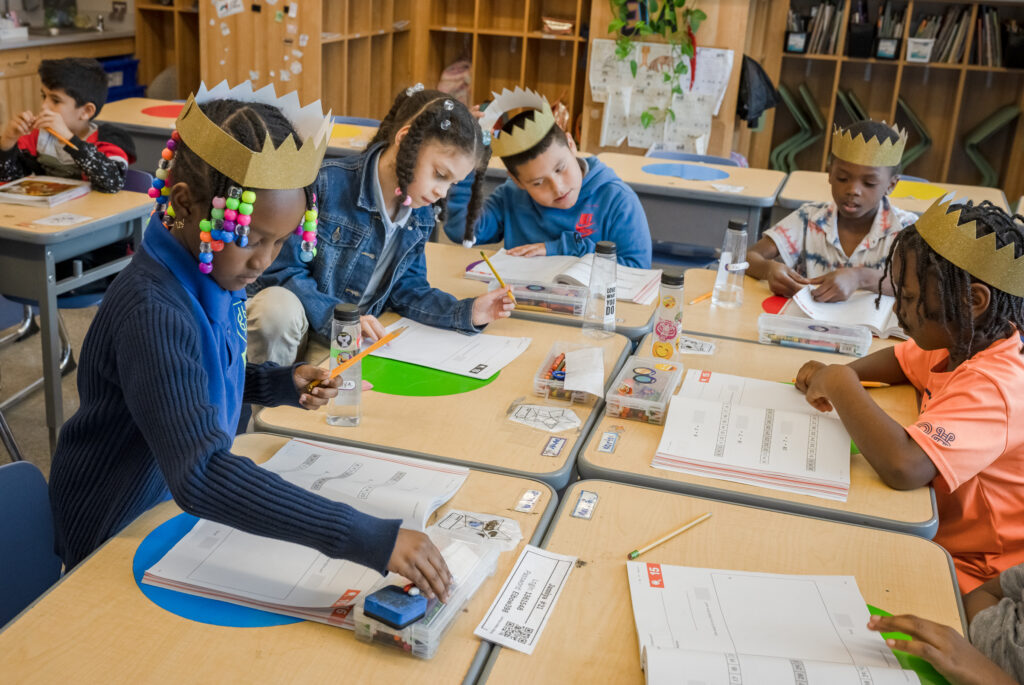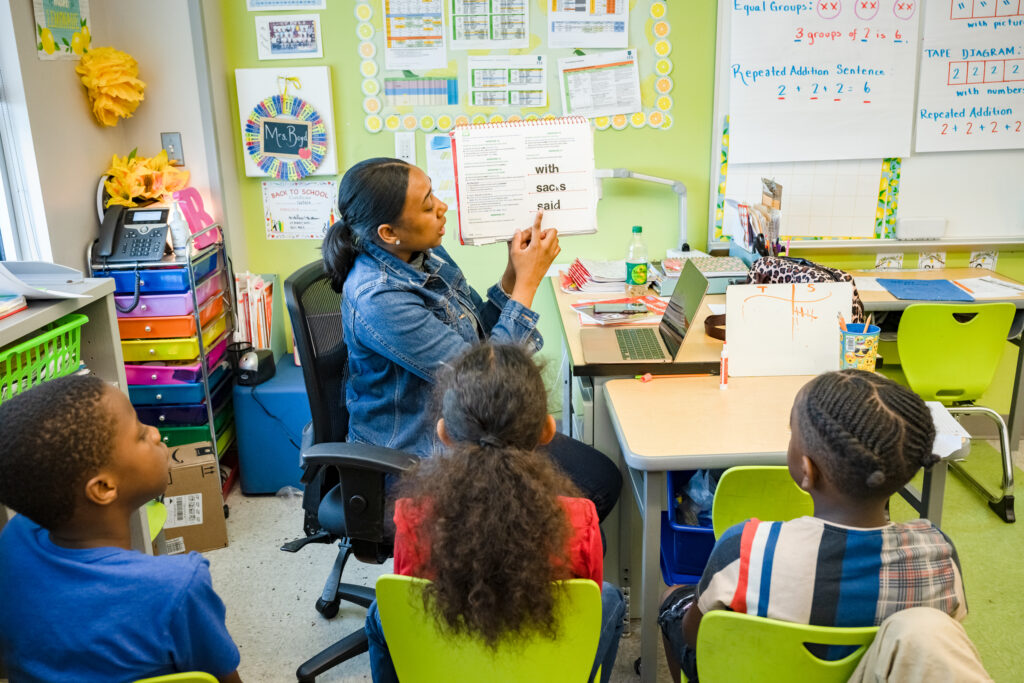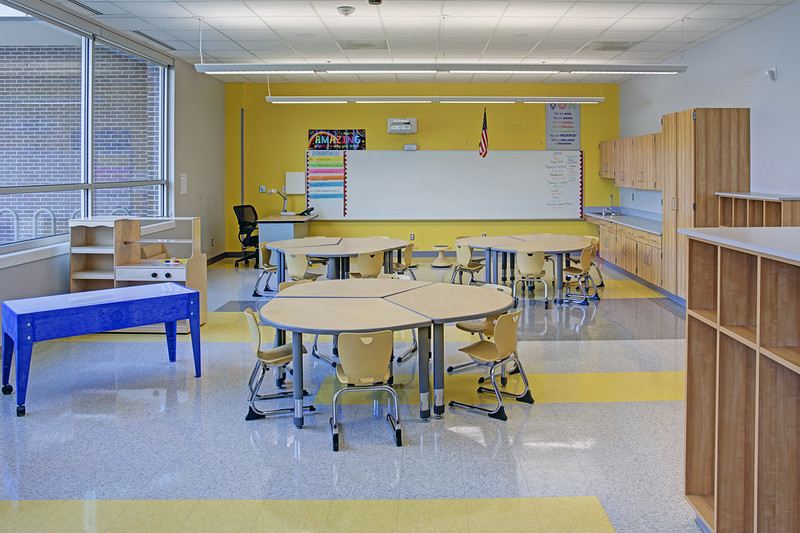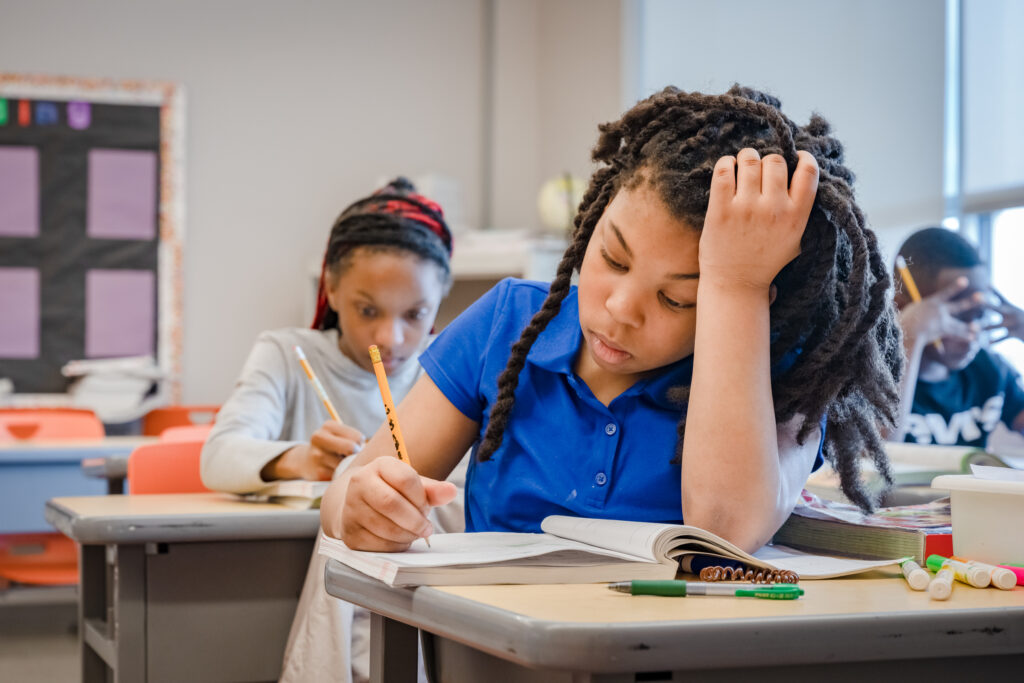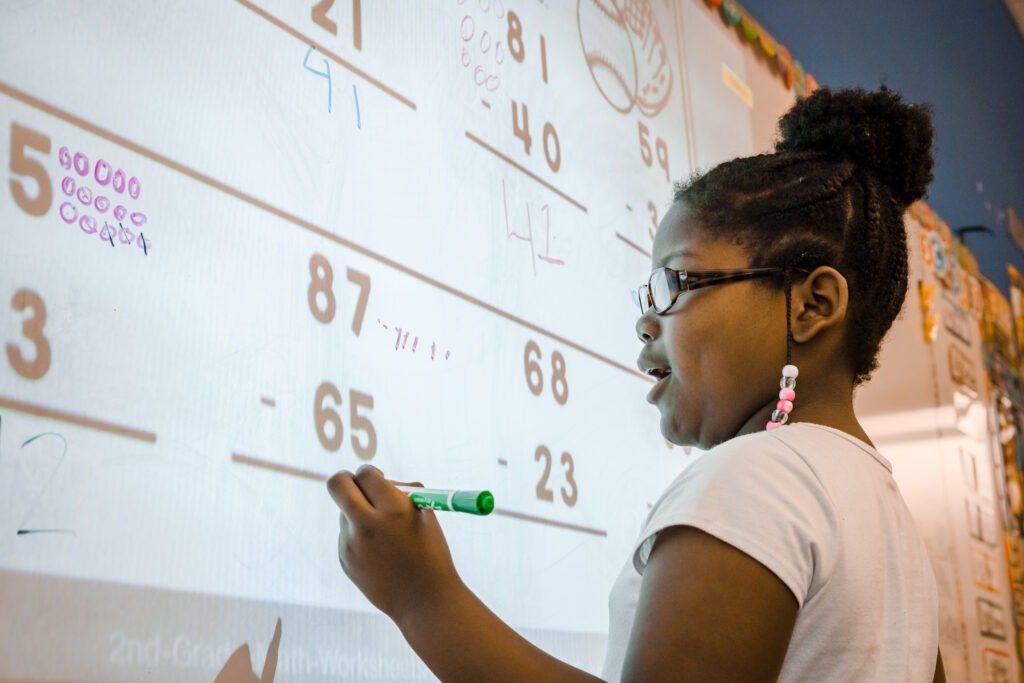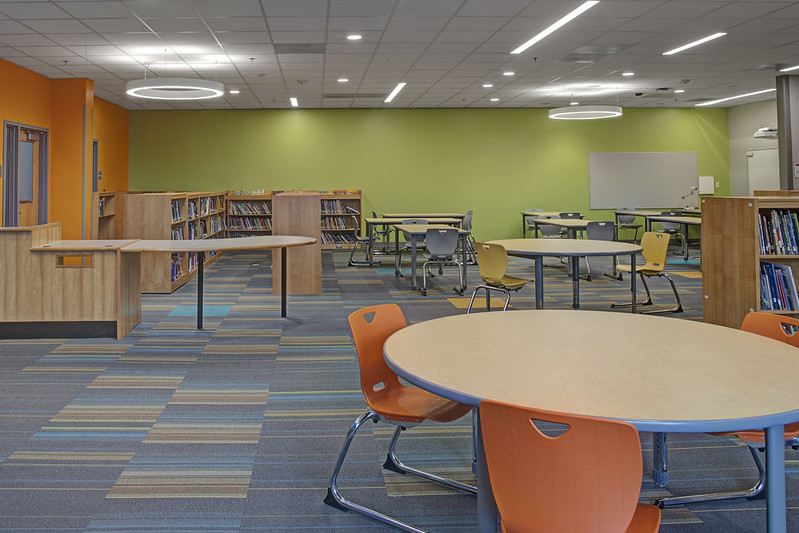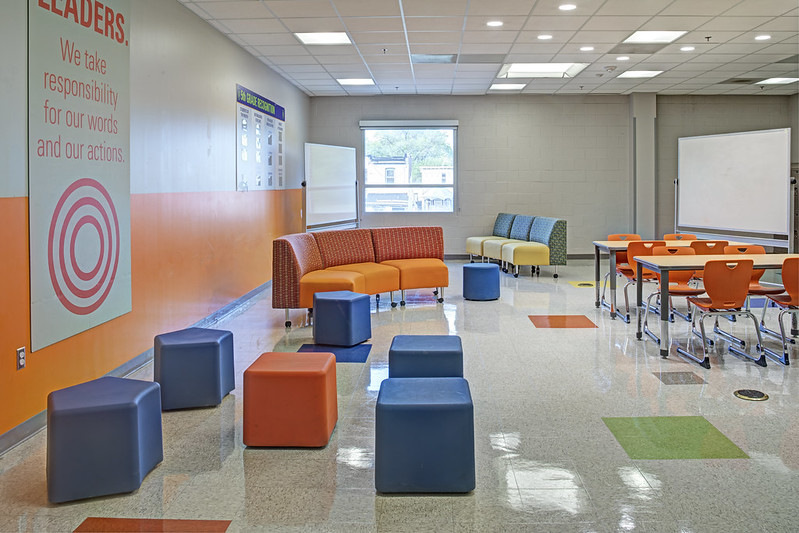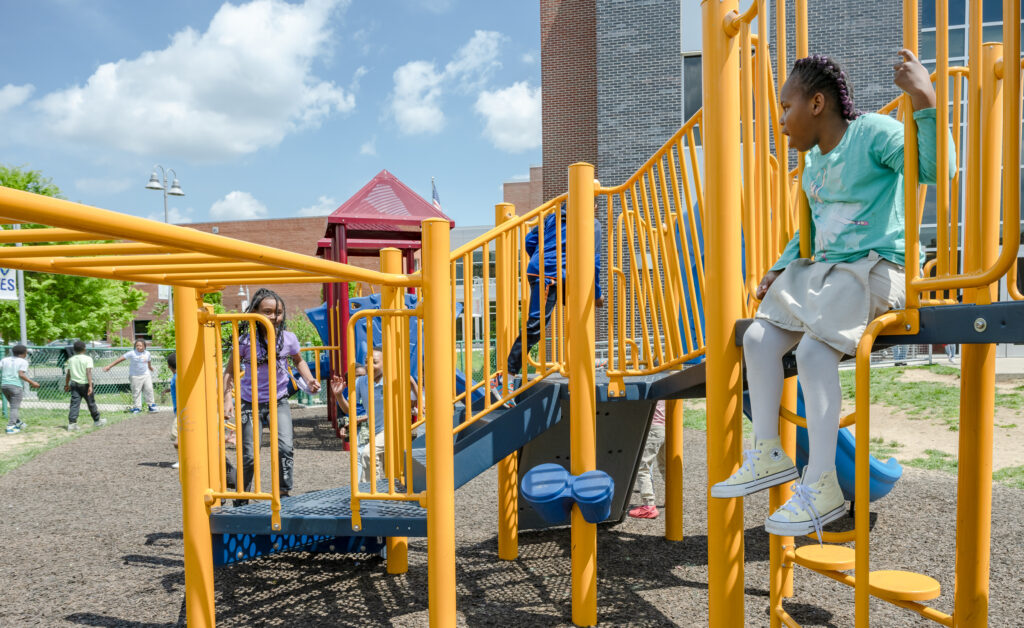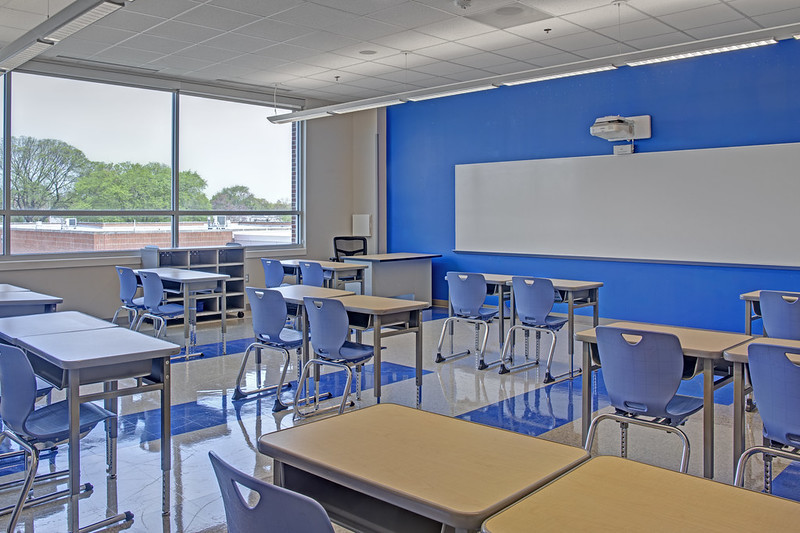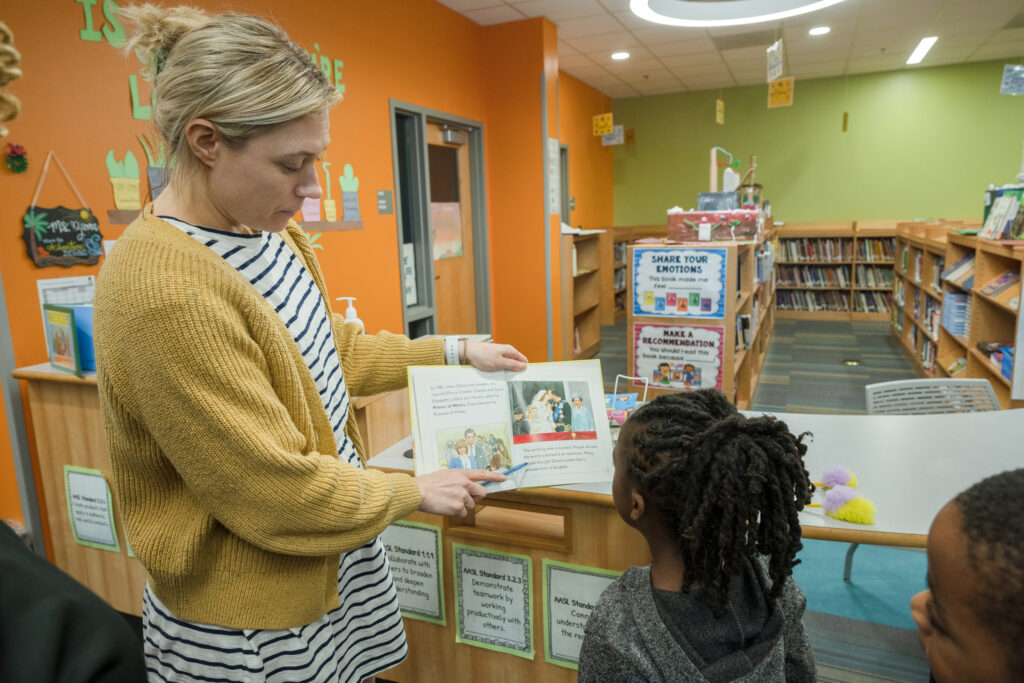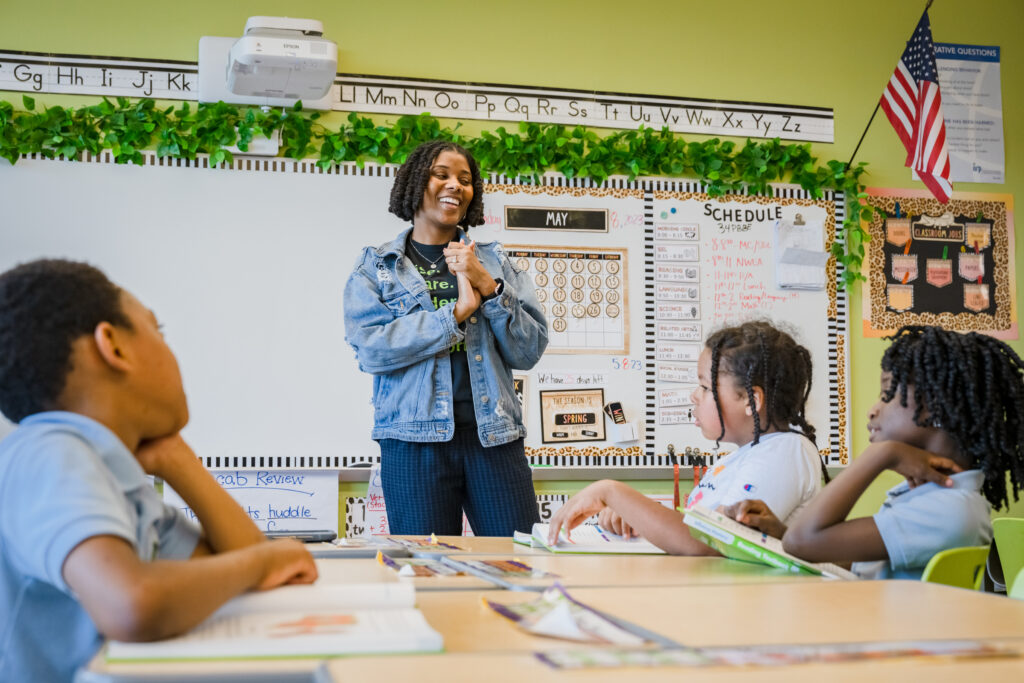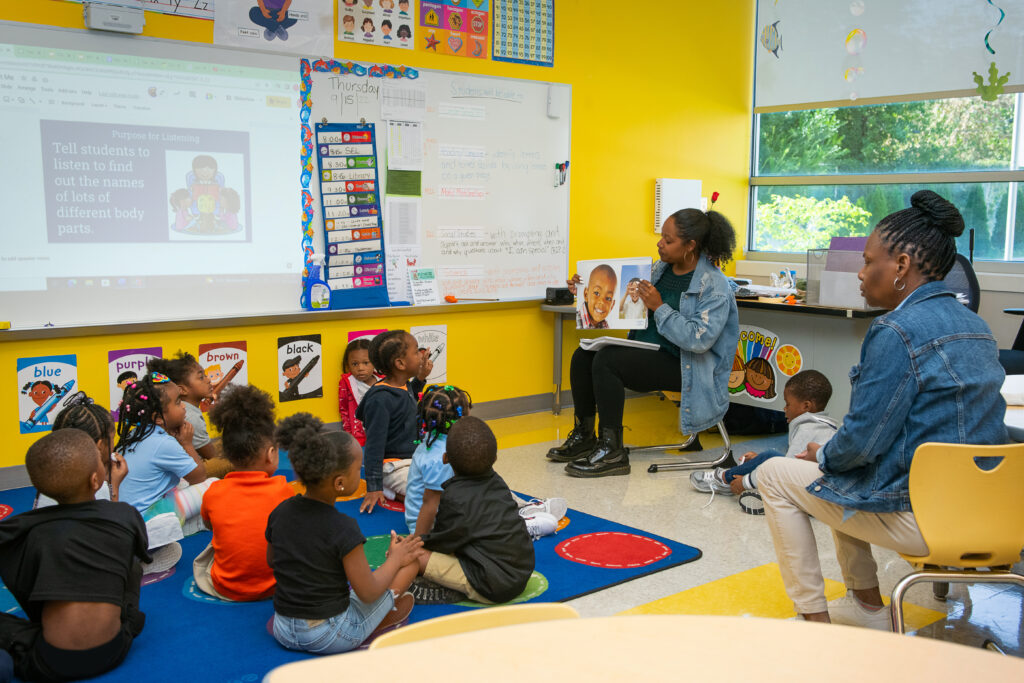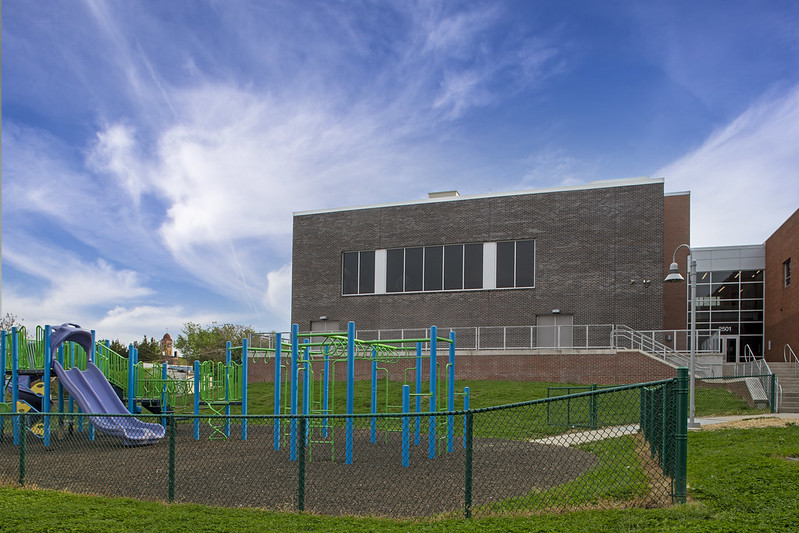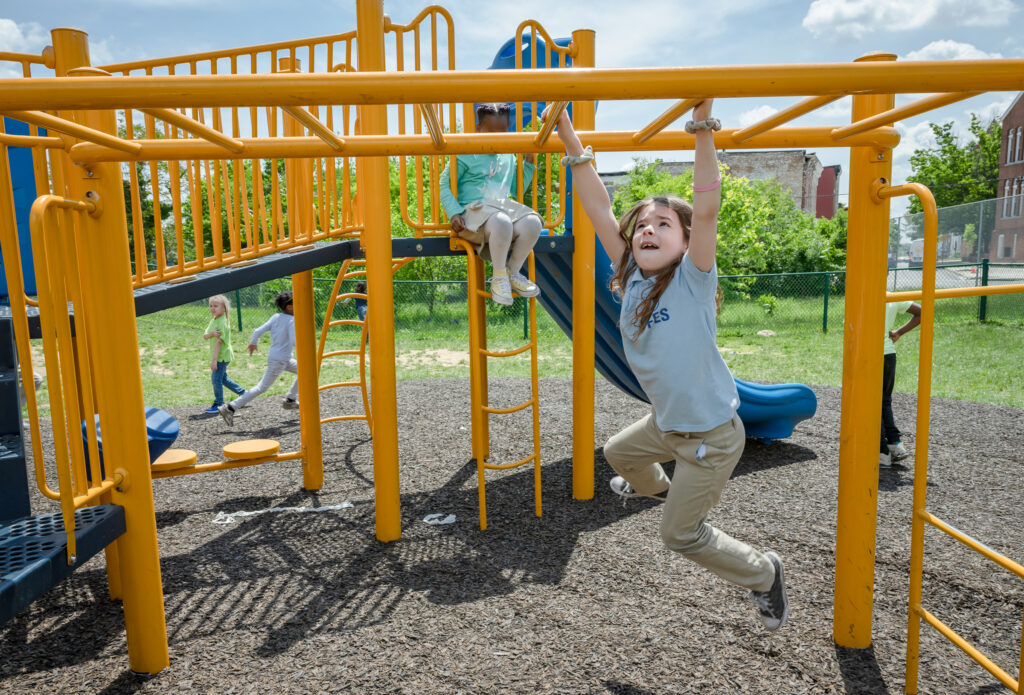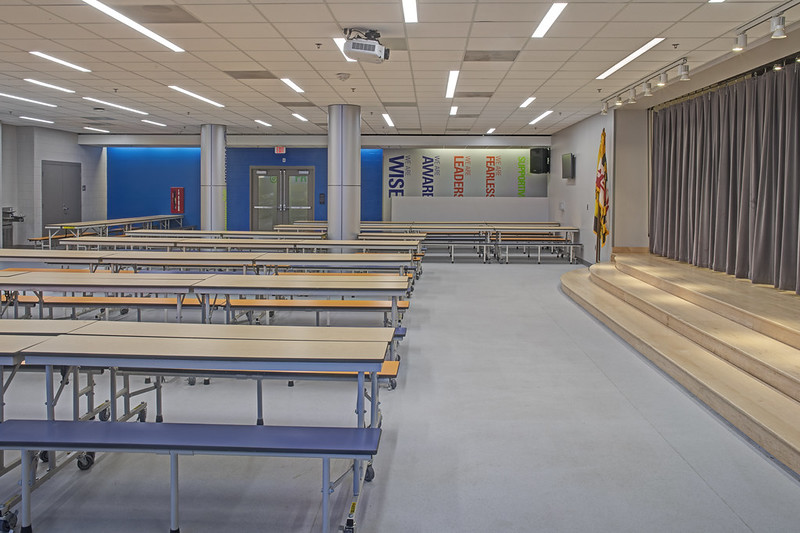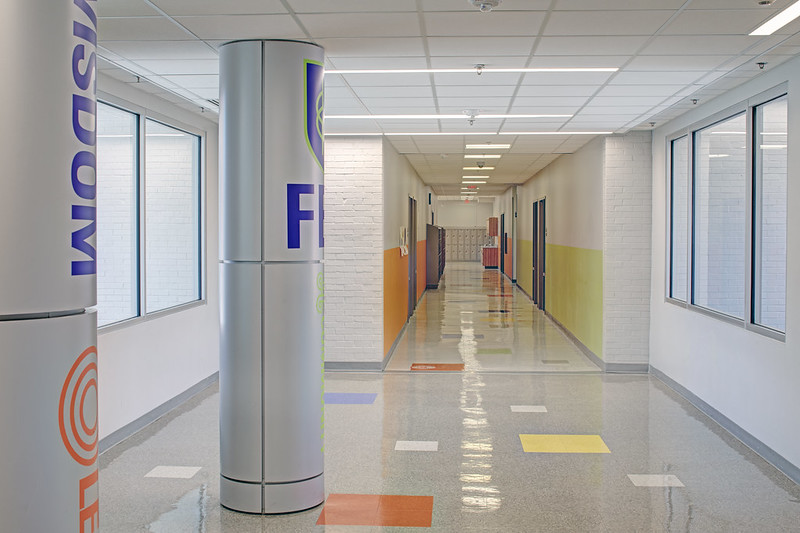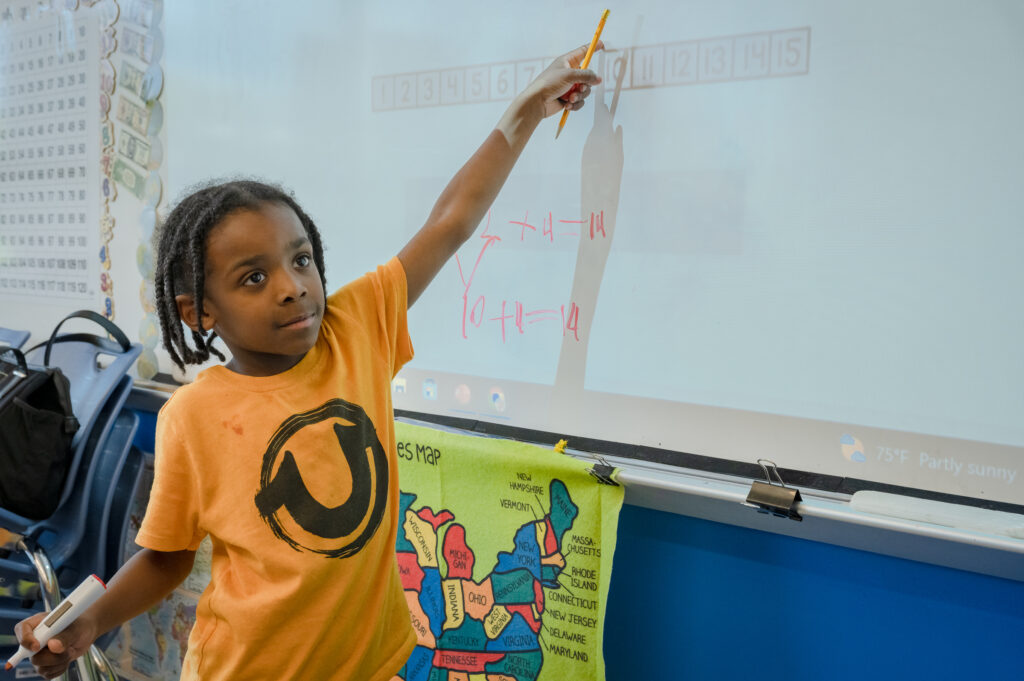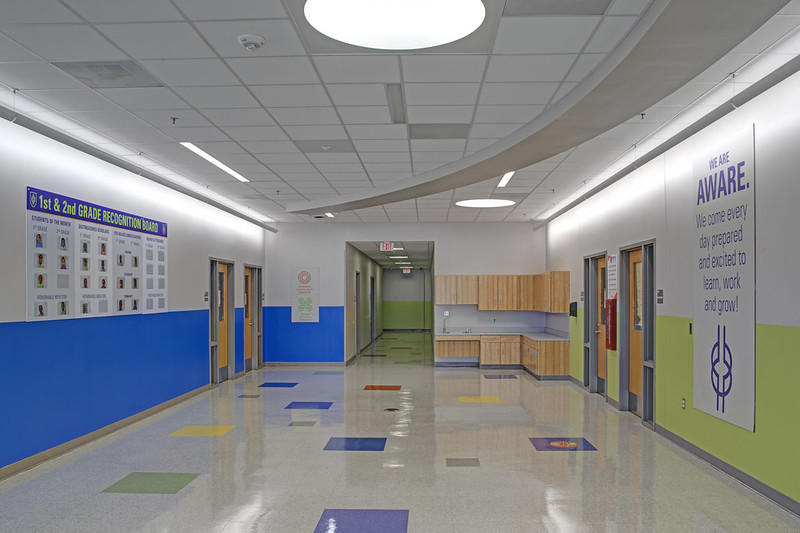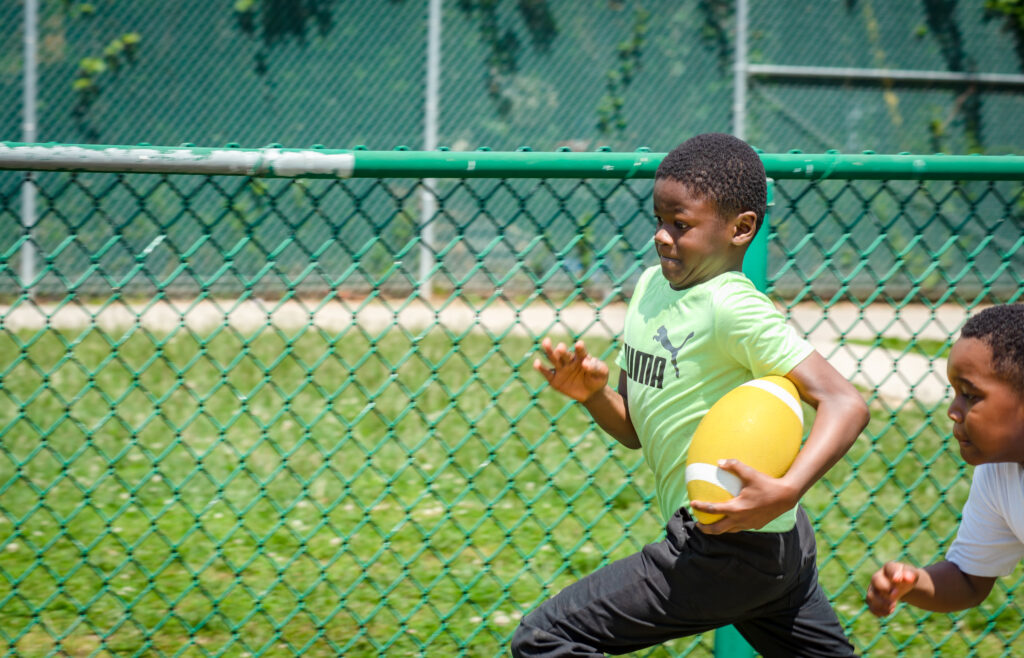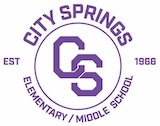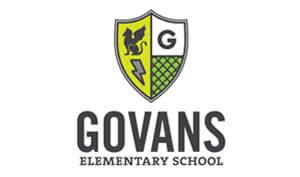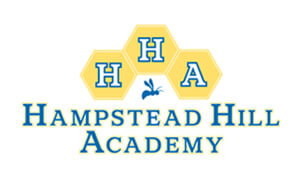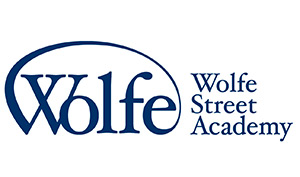Where Education is Liberation
At FES, we believe that education has the power to set people free. When students learn, they gain the knowledge and skills to make better choices for themselves and their communities. Education helps break down barriers, giving everyone the opportunity to succeed, no matter where they come from.
Here education isn’t just about getting good grades; it’s about empowering students to reach their full potential.
Our Approach
Every student receives lessons that challenge them at the right level to help them grow academically. We use differentiated instruction to meet each student’s needs and check their progress regularly to make sure they are mastering what they learn.
We expect all students, from Pre-K to 5th grade, to take an active role in their learning. It is our job to teach them problem-solving and critical thinking skills that will help them become wise leaders and positive change makers in their community.
Every day, FES students are encouraged to practice critical thinking and ask for help when they need it.
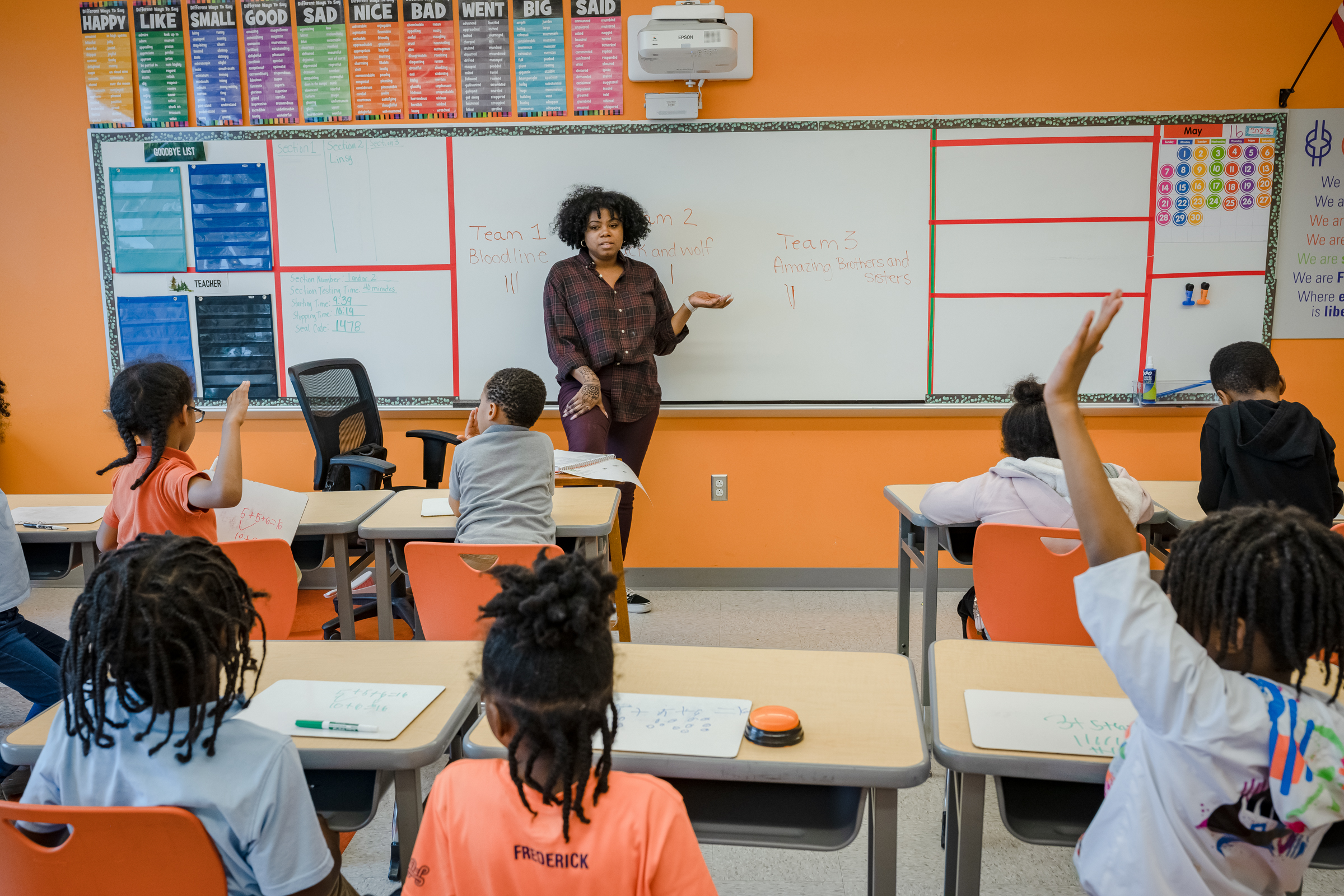
Our academic program is built on a strong foundation of proven curricula that support student learning and growth.
- Direct Instruction (DI): A research-based program that helps students achieve and sustain measurable gains in literacy.
- Reveal Math: A dynamic math program that encourages critical thinking and problem-solving.
- Core Knowledge: A curriculum that builds students’ knowledge in key areas like history, science, literature, and geography.
- STEM Achievement in Baltimore Elementary Schools (SABES): A program focused on hands-on learning in science, technology, engineering, and math.
- My World Interactive: A social studies curriculum that helps students understand the world around them through interactive lessons.
